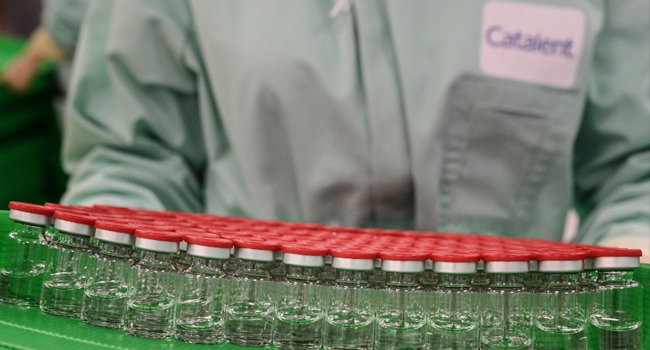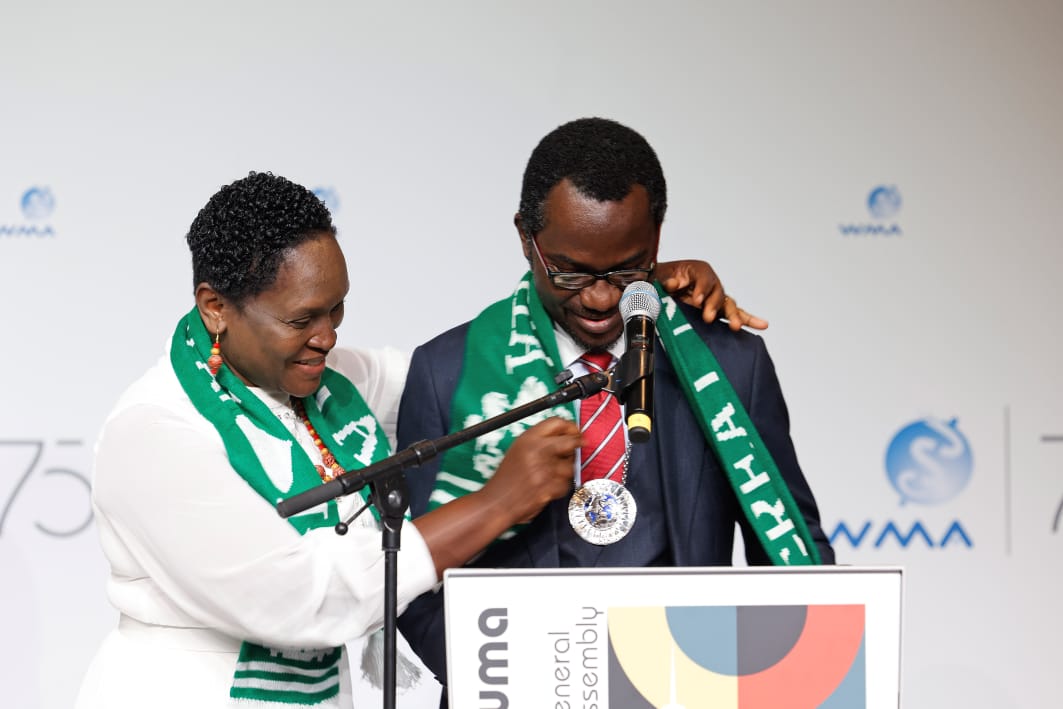Pharma giant AstraZeneca and Oxford University on Saturday said they had resumed a Covid-19 vaccine trial after getting the all-clear from British regulators, following a pause caused by a UK volunteer falling ill.
“Clinical trials for the AstraZeneca Oxford coronavirus vaccine, AZD1222, have resumed in the UK following confirmation by the Medicines Health Regulatory Authority (MHRA) that it was safe to do so,” the company said in a statement.
AstraZeneca announced on Wednesday it had “voluntarily paused” its trial of the vaccine developed alongside Oxford University after the volunteer developed an unexplained illness.
An independent committee was drafted in to review safety, in what the company and the World Health Organization described as a routine step.
The committee “has concluded its investigations and recommended to the MHRA that trials in the UK are safe to resume”, AstraZeneca said.
Oxford University confirmed the resumption and said: “In large trials such as this, it is expected that some participants will become unwell and every case must be carefully evaluated to ensure careful assessment of safety.”
After the pause, AstraZeneca had said it remained hopeful that the vaccine could still be available “by the end of this year, early next year”.
But pharma companies including AstraZeneca and scientists have expressed concern about political pressure to rush a vaccine out, not least from US President Donald Trump.
Joe Biden, the Democratic candidate for president, has accused Trump of “undermining public confidence” by regularly raising the possibility a vaccine will be ready before the election on November 3.
Charlotte Summers, lecturer in intensive care medicine at Cambridge University, welcomed the resumption of the Oxford trial and said the researchers had shown their commitment “to putting safety at the heart of their development programme.”
“To tackle the global Covid-19 pandemic, we need to develop vaccines and therapies that people feel comfortable using, therefore it is vital to maintaining public trust that we stick to the evidence and do not draw conclusions before information is available,” she said.
‘Losing control’
AstraZeneca’s vaccine candidate is one of nine around the world currently in late-stage Phase 3 human trials.
In the United States, the company began enrolling 30,000 volunteers across dozens of sites on August 31, and the inoculation is being tested on smaller groups in Britain, Brazil and South Africa. Trials are also planned in Japan and Russia.
The AZD1222 vaccine uses a weakened version of a common cold-causing adenovirus engineered to code for the spike protein that the Covid-19 coronavirus uses to invade cells.
After vaccination, this protein is produced inside the human body, which primes the immune system to attack the coronavirus if the person is later infected.
“AstraZeneca is committed to the safety of trial participants and the highest standards of conduct in clinical trials,” Saturday’s statement read.
“The company will continue to work with health authorities across the world and be guided as to when other clinical trials can resume to provide the vaccine broadly, equitably and at no profit during this pandemic.”
The disease has killed more than 900,000 people worldwide since surfacing in China late last year, according to an AFP count. More than 28.5 million cases have been confirmed, and the United States has the most deaths, with more than 193,000.
In Britain, infection rates are again surging in line with the rising trend seen of late in the rest of Europe, forcing the government to tighten public restrictions from Monday and impose local lockdowns.
“I think one would have to say that we’re on the edge of losing control,” Mark Walport, the British government’s former chief scientific adviser, told BBC radio.
AFP
















